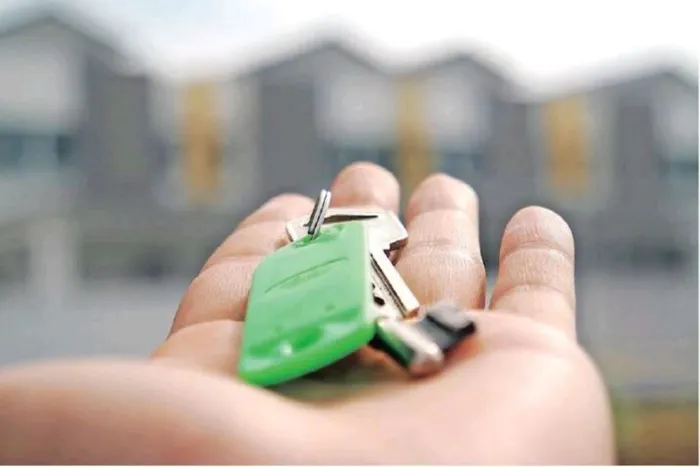
.
Image: Pixabay
Purchasing a home in today’s market isn’t for the faint of heart. Prices remain stubbornly high, supply is limited, and interest rates keep buyers cautious.
Against this backdrop, repossessed and distressed properties often surface as “bargain buys”, a way for determined homeowners and investors to stretch their budgets. But while the lure of below-market prices is real, so are the risks.
“Too often, people get caught up in the idea of a deal without fully appreciating the complexities," Adrian Goslett, regional director and CEO of REMAX Southern Africa, noted.
“These transactions are emotionally charged and technically complex.”
According to Goslett, distressed property sales typically fall into three categories: bank-mandated sales, auction sales, and repossessed properties.
Each has its own cost structures, legal hurdles, and potential pitfalls.
Bank-mandated sales
In a bank-mandated sale, the seller, usually under financial pressure, works with the bank to offload the property before repossession. Buyers benefit from a relatively transparent process: property condition reports are signed by both parties, and the seller must settle arrears on rates and utilities.
The catch? Properties are sold voetstoots (as is), meaning buyers inherit defects. According to Goslett, offers can also be rejected, dragging out the process.
The property expert noted that a smart move is to arrange your own inspection before signing, something not all distressed buyers realise they can do.
Auction sales
Public auctions are where bargain hunters often look first. Prices can come in well below market value, and buyers don’t pay transfer duty, a significant saving.
Goslett noted that the risks are steep as most auction properties are sold sight unseen, with buyers potentially inheriting legal disputes, arrears, or even occupants who must be evicted at their expense.
Costs also add up quickly: deposits, sheriff’s fees (6–10% of purchase price), and registration fees of around R25,000. If you’re unprepared, what starts as a “deal” can turn into a costly legal battle.
Repossessed homes
When the bank takes ownership after a failed auction, these homes, also called properties in possession, are listed for sale, often at attractive prices and without transfer duty.
Yet, the same caveats apply: sold voetstoots, no guaranteed inspections, and potential hidden costs in legal disputes, utility arrears, or evictions.
Add in conveyancing and renovation costs, and the total can easily creep into unexpected territory.
While the promise of a bargain is compelling, experts stress the importance of preparation.
Here are a few practical steps to take before bidding or signing:
Run the numbers beyond the sticker price. Factor in arrears, legal fees, renovations, and the cost of delayed access.
Do your homework on the property. When inspections aren’t possible, research title deeds, municipal accounts, and legal notices.
Have financing lined up. Distressed sales often move quickly, requiring deposits or full settlement in 30 days.
The risks and rewards of distressed sales can only be understood against the backdrop of South Africa’s wider housing market.
According to the BetterBond August 2025 Property Brief, the sector is showing strong signs of recovery after a sluggish first half of the year.
July saw a 14% quarter-on-quarter increase in home loan applications, the highest since Q3 2022.
Applications are now just 8% shy of their 2022 peak, boosted by the Reserve Bank’s fifth interest rate cut since September 2024, which lowered the prime rate to 10.5%.
The average home purchase price for all buyers reached R1.6 million, with first-time buyers at R1.3 million, both growing faster than inflation.
Notably, demand is shifting upward: loans for homes over R3 million grew 7% year-on-year, while entry-level loans declined.
After easing earlier in the year, average deposits climbed, up 5.8% year-on-year for first-time buyers to R188,000, and up 14% from Q2 for all buyers to R311,000.
Regional trends:
“This is the healthiest the home loan market has looked in nearly three years,” Bradd Bendall, BetterBond’s international head of sales, said.
“While affordability challenges remain, especially for younger buyers, rate cuts and renewed consumer confidence are fueling activity across the board,” he added.
